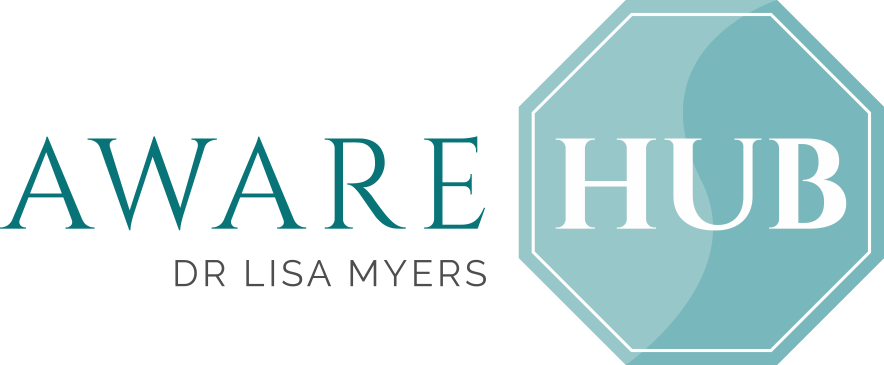The process of learning allows us to acquire information. Learning disabilities is an umbrella term for a wide variety of learning difficulties that may affect the way a child receives and processes information.
Up to 15% of school age children struggle with a learning disability. Unlike a physical disability, a learning disability is often less obvious and can go unrecognized.
A learning disability presents in many different ways and it can affect attention, memory, processing, interpretation and both the written and verbal expression of information.
A child with behaviour or academic problems might have an underlying learning disability and shouldn’t simply be labelled as “lazy” or “naughty”. Children who are struggling at school will often behave badly or avoid, to deflect the attention from their area of struggle.
There are many reasons a child might be struggling at school. Emotional problems, such as depression and anxiety or social issues and stress at home, are factors to consider. Learning at school involves many complex functions. A child needs to hear, see and focus. Their complex learning needs include comprehension, abstraction, organization and the ability to manipulate information to use it within the current context. A problem with any one of these functions and processes could lead to a learning disability. A child might have the intelligence, but continue to struggle and under-perform due to their learning challenges.
A specific learning disorder (SLD) usually refers to a disorder of reading, writing and mathematics. The most common SLD is a specific reading disorder (dyslexia). Learning disorders are neurodevelopmental conditions that begin at school age and interfere with the ability to learn throughout life. Many times, these disorders aren’t detected until adulthood. Other common learning disabilities involve attention (ADHD) and processing (e.g., auditory processing disorder). Some children have discrepancies between their verbal and visual learning abilities, making them perform really well in certain subjects, but poorly in others. Parents might wrongly believe that their child is not trying hard enough in a particular area, not realizing that their child is struggling.
If you suspect that your child has a learning difficulty/disorder, it is recommended to assess and intervene as soon as possible. This will help to identify their underlying strengths and weaknesses. This information will assist educators in formulating a personalized learning plan. It will help prevent your child from falling further behind, becoming depressed and losing confidence.
A clinical assessment, information from parents and teachers and standardized psychological and achievement tests (conducted by an appropriately trained psychologist) are used to diagnose the cause of a child’s behaviour or learning difficulty.
Early identification of a child’s needs can facilitate appropriate and holistic interventions and prevent feelings of being ‘stupid’ or ‘useless’. Children who receive help can learn skills to manage their challenges, leading to greater resilience, self-pride and success.


